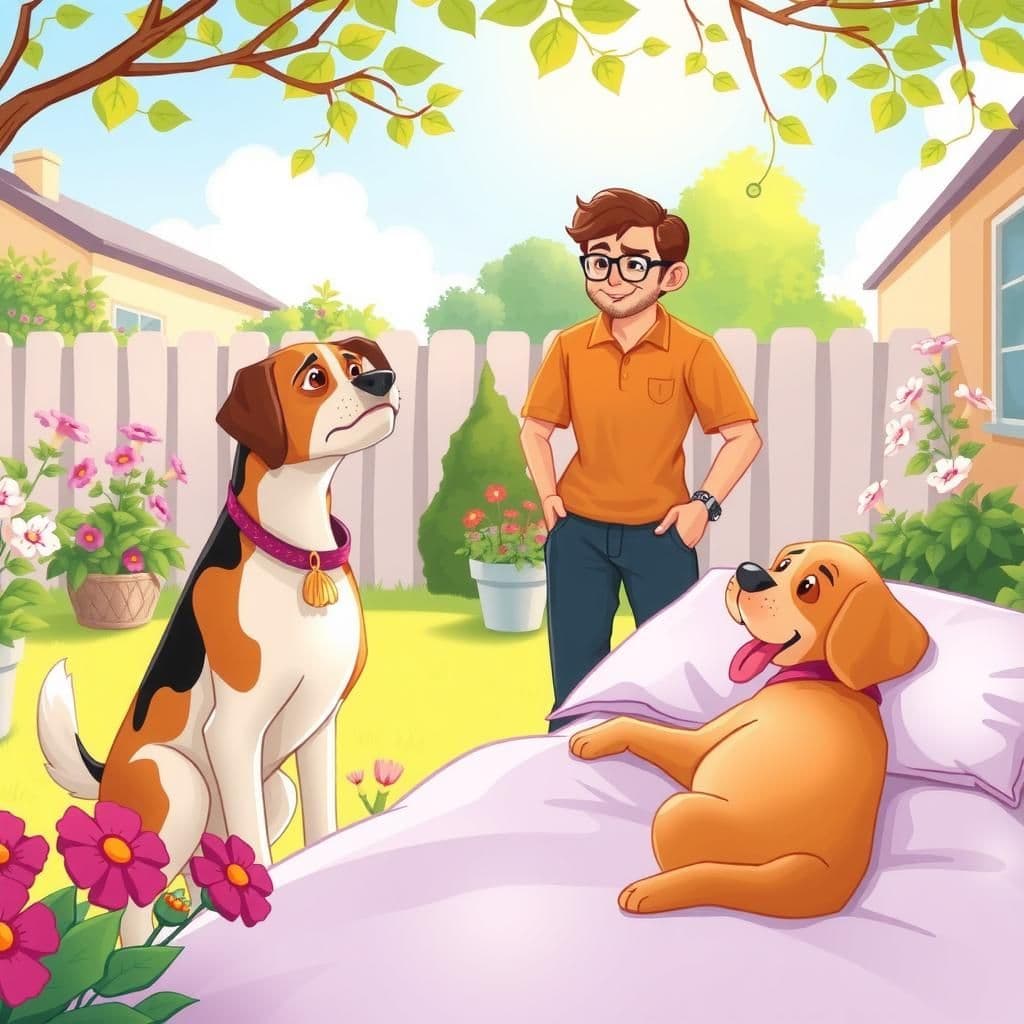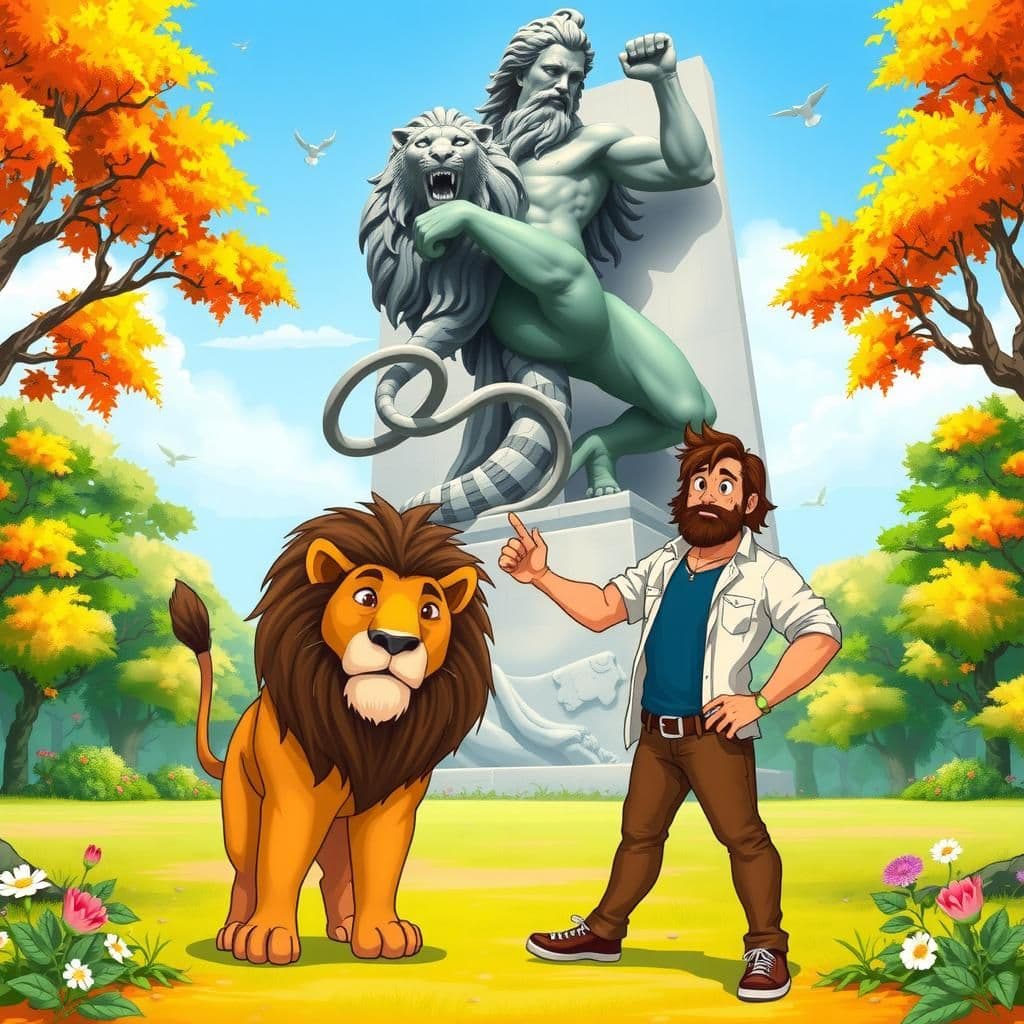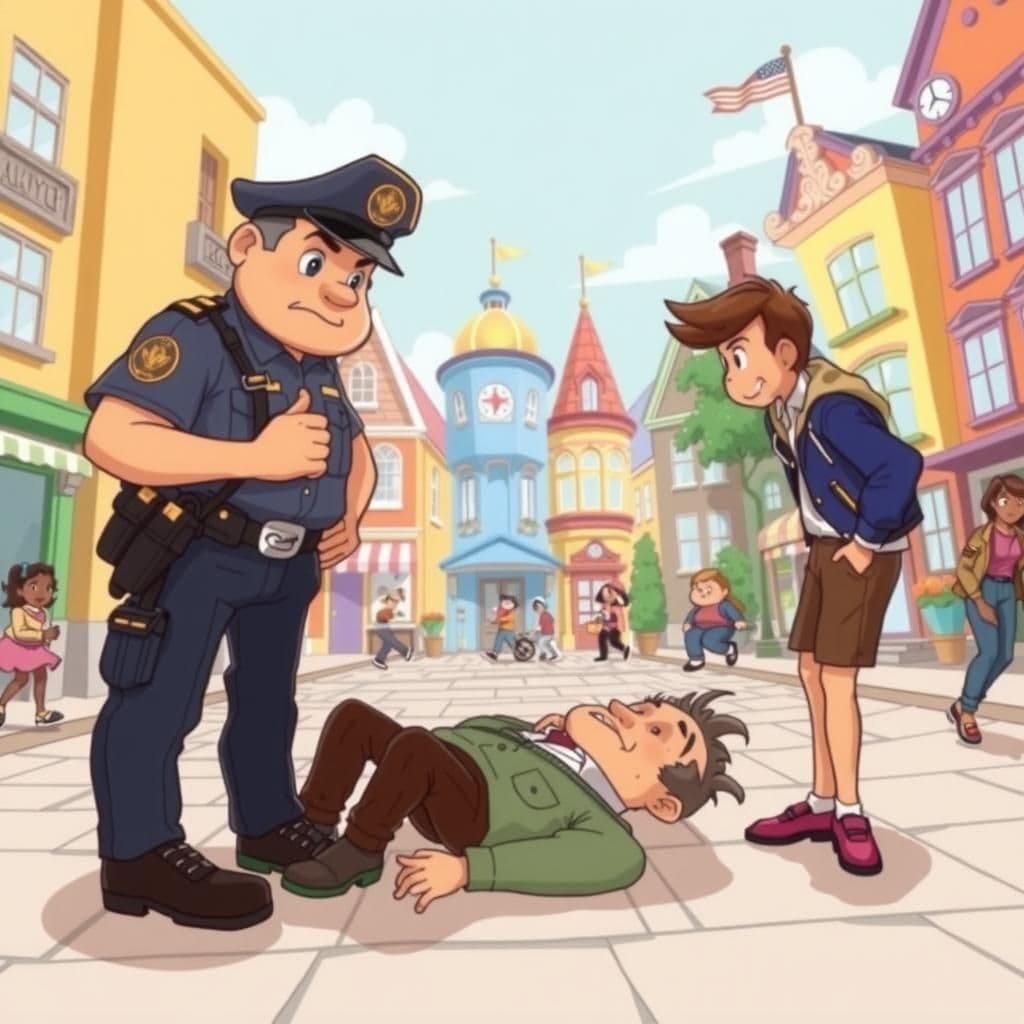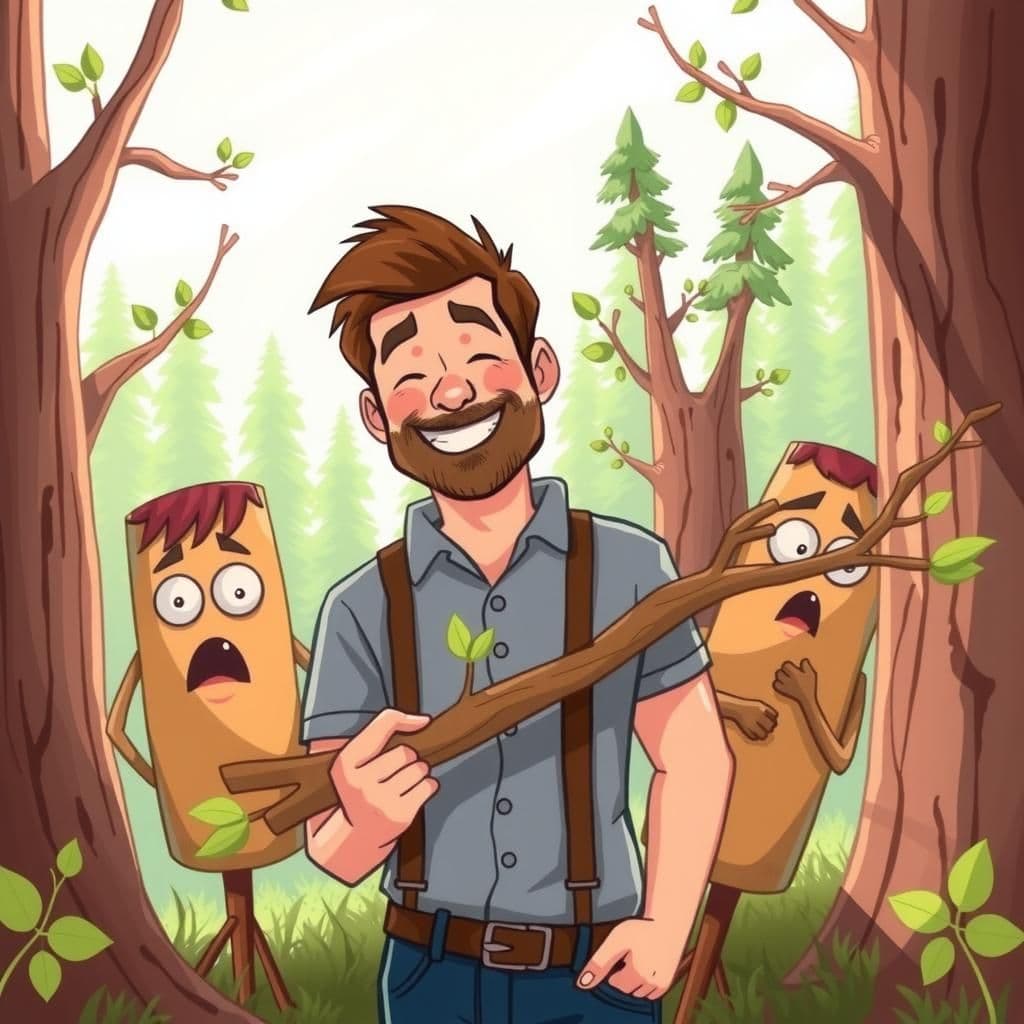The Two Dogs

Story Summary
In this concise moral story, a Hound complains to a Housedog about receiving a share of the spoils despite not hunting. The Housedog explains that it is the master's choice to teach him to rely on others, highlighting the lesson that children should not be held accountable for their parents' actions. This easy small story with moral serves as a reminder for class 7 students about fairness and responsibility.
Click to reveal the moral of the story
Children should not be held responsible for the circumstances or shortcomings imposed upon them by their parents.
Historical Context
This fable reflects themes common in Aesop's Fables, a collection of moral stories attributed to the ancient Greek storyteller Aesop, believed to have lived in the 6th century BCE. The narrative explores the dynamics of labor, reward, and responsibility, emphasizing that individuals should not be held accountable for their circumstances, a sentiment echoed in various cultural retellings that highlight social justice and the impact of upbringing on behavior. The moral lesson resonates across cultures, illustrating universal truths about human relationships and societal roles.
Our Editors Opinion
This story highlights the importance of recognizing individual roles and the impact of upbringing on behavior, which remains relevant in modern life as we navigate personal responsibility and societal expectations. For example, in a workplace setting, a team member who relies heavily on others for success may face criticism, but it is essential to consider their training and support system, reflecting the moral that individuals shouldn’t be judged harshly for their circumstances and the influences shaping their actions.
You May Also Like

The Lion and the Statue
In "The Lion and the Statue," a Man and a Lion engage in a humorous debate over their strengths, with the Man claiming superiority due to human intelligence. To support his argument, he points to a statue of Hercules defeating a Lion; however, the Lion cleverly counters that the statue is biased, created by a man to reflect his perspective. This inspirational short story with moral highlights how representations can be manipulated, reminding us that truth can be subjective in small moral stories.

The Policeman and the Citizen
In "The Policeman and the Citizen," a misguided policeman, mistaking a man in a fit for a drunkard, attacks him and then turns his aggression on a questioning citizen. This encounter leads the policeman to realize that targeting the sober is easier, allowing him to rise to the rank of Chief while sobriety vanishes from his jurisdiction. This engaging moral tale imparts lessons from moral stories about the dangers of misjudgment and the corruption of power, fitting seamlessly into collections of life-changing stories with moral wisdom.

The Man and the Wood
In "The Man and the Wood," a man enters a forest seeking a branch from the trees, who kindly oblige, unaware of his true intentions. He uses the branch to enhance his axe, ultimately cutting down the very trees that helped him, leaving them to regret their generosity. This captivating moral story serves as a cautionary tale about the consequences of misplaced trust, making it an entertaining read for students and adults alike.
Other names for this story
"Lessons from Two Dogs", "The Dogs' Dilemma", "Tale of Two Canines", "Hound vs Housedog", "The Canine Conundrum", "Two Dogs, One Master", "Dogs and Dependence", "The Spoils of Labor"
Did You Know?
This story highlights the theme of responsibility and the unfairness of dependency, suggesting that individuals should not be judged for circumstances beyond their control, such as the roles they are assigned or taught by those in authority, like parents or masters.
Subscribe to Daily Stories
Get a new moral story in your inbox every day.